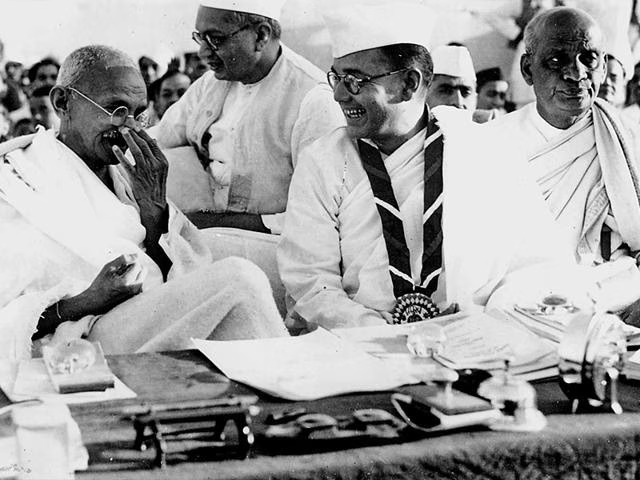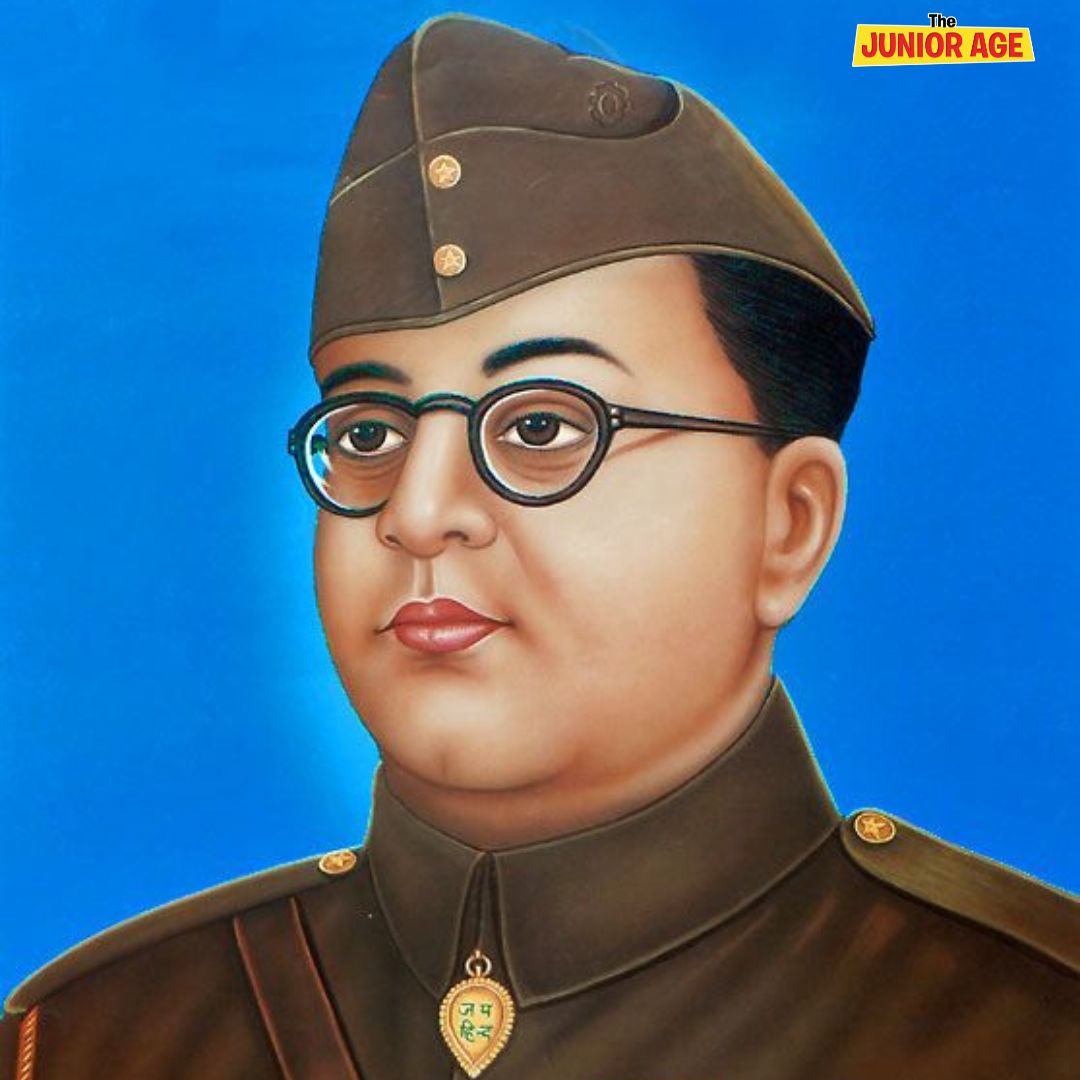Subhas Chandra Bose, popularly known as Netaji, was one of the most charismatic and revolutionary leaders of India’s freedom movement. Unlike many of his contemporaries who relied on non-violence, Subhas Chandra Bose believed in armed struggle against British rule. His role in forming the Indian National Army (INA) and rallying Indians with the famous slogan “Give me blood, and I will give you freedom” remains legendary. More than 75 years after independence, Subhas Chandra Bose’s vision, determination, and mysterious disappearance continue to fascinate and inspire generations.

Watch the full video on Who Is Mahatma Gandhi?
Early Life and Education of Subhas Chandra Bose
- Born on 23 January 1897 in Cuttack, Odisha, to Janakinath Bose and Prabhavati Devi.
- A brilliant student, Subhas Chandra Bose studied at Presidency College and later Scottish Church College, Calcutta.
- He went to England in 1919 to prepare for the Indian Civil Services (ICS). He cleared the exam in 1920 but resigned from the service in 1921, stating he could not serve under a colonial government.
- This marked the beginning of his full-time commitment to India’s independence struggle.
Subhas Chandra Bose’s Entry into Politics
- Subhas Chandra Bose joined the Indian National Congress (INC) and quickly rose through its ranks.
- He became known for his strong oratory, disciplined lifestyle, and organizational skills.
- In 1938, he was elected President of the Indian National Congress at Haripura, where he emphasized industrialization and self-reliance.
- Re-elected in 1939, Subhas Chandra Bose clashed with Mahatma Gandhi and the Congress leadership due to his belief in armed resistance.
- Following this, he resigned and founded the Forward Bloc, aiming to consolidate all leftist and nationalist forces.

Also read Pradhan Mantri Rashtriya Bal Puraskar 2025
Subhas Chandra Bose’s Ideology and Leadership
- Different from Gandhi: While Gandhi promoted non-violence and negotiations, Subhas Chandra Bose argued that only direct action and armed struggle could uproot colonialism.
- International Alliances: During World War II, Subhas Chandra Bose sought help from countries opposed to Britain, such as Germany and Japan.
- Vision of Free India: He dreamt of a modern, industrial, and militarily strong India.
Formation of the Indian National Army (INA)
- In 1941, Bose escaped house arrest in India and travelled to Germany, and later to Southeast Asia.
- With Japanese support, he reorganised the Indian National Army (INA), which had been initially formed from Indian soldiers captured during World War II.
- Subhas Chandra Bose gave electrifying speeches to Indian expatriates and soldiers, motivating them to fight against the British.
- The INA fought alongside Japanese forces in campaigns in Burma and northeastern India, most notably in Imphal and Kohima.
- Though militarily unsuccessful, the INA’s efforts sparked patriotic fervor in India and shook British confidence.
Famous Quotes of Subhas Chandra Bose
- “Give me blood, and I will give you freedom.”
- “It is our duty to pay for our liberty with our own blood.”
- “One individual may die, but that idea will, after his death, incarnate itself in a thousand lives.”
These words continue to echo in the spirit of Indian nationalism.
Mystery of His Death
- In August 1945, reports claimed that Subhas Chandra Bose died in a plane crash in Taiwan.
- However, no conclusive evidence of his death was ever produced, leading to decades of speculation and conspiracy theories.
- Many Indians believed (and still believe) that Netaji survived and lived in anonymity.
- Committees like the Shah Nawaz Committee (1956), Khosla Commission (1970), and Mukherjee Commission (2006) investigated his disappearance, but mystery still surrounds his final days.
Legacy of Subhas Chandra Bose
- Military Inspiration: The INA’s sacrifice inspired Indian soldiers and weakened the British hold.
- Nationalism Beyond Borders: Subhas Chandra Bose’s efforts united Indians abroad, spreading the freedom movement globally.
- Youth Icon: His courage, discipline, and sacrifice made him a role model for young Indians.
- Government Recognition: In 1996, INA veterans were granted pensions. In 1997, India celebrated the INA’s 50th anniversary. Netaji’s birthday, 23 January, is now observed as Parakram Diwas (Day of Valor).
Subhas Chandra Bose was not just a freedom fighter—he was a visionary leader who believed in India’s strength, unity, and courage. His call for selfless sacrifice and fearless struggle inspired countless Indians to rise against colonialism. Though his mysterious disappearance remains unsolved, his legacy as Netaji, the leader of the masses, lives on.
As India moves forward, Subhas Chandra Bose’s message of resilience, courage, and patriotism continues to guide the nation.
Get Know everything about India, Buy This Amazing Exploring India Flashcards.

